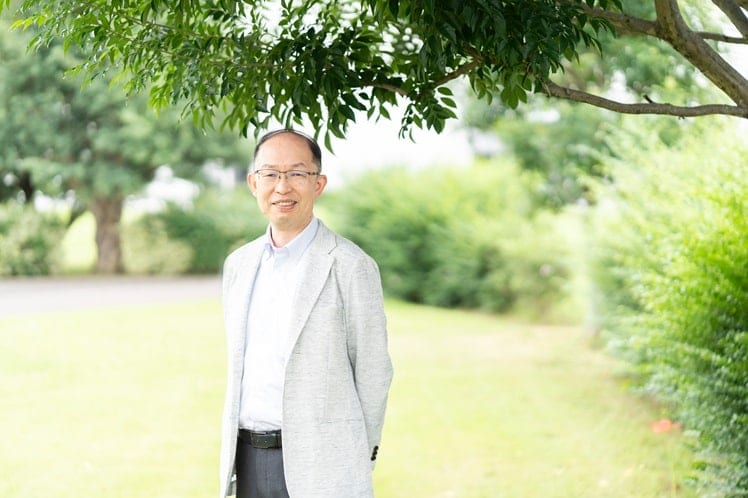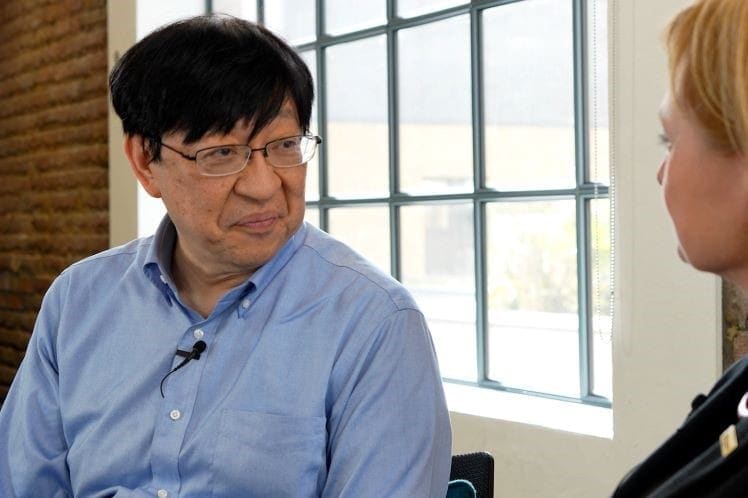Initiatives
AAAI-20
Overview
Jul 17, 2020
The annual meeting of the Association for the Advancement of Artificial Intelligence(AAAI) is considered to be one of the top conferences in the field of artificial intelligence. At this conference, you can see trends in a wide range of AI technology areas such as vision and language as well as deep learning technology which has been an international key buzzword since 2015. In this year, AAAI-20 was held from February 7th to 12th at Hilton midtown Hotel, New York.
First, let us look at the scale of AAAI from the figures announced at Opening Remarks. AAAI-20 received 8,848 submissions and 1,591 of them were accepted (the acceptance rate was approximately 21%), which shows that AAAI is a very large conference. It is reported that more than 800 people could not enter the country due to the COVID-19 outbreak or visa problems. New York at that time was almost unaffected by the COVID-19, but due to restrictions on entry from China, many people were unable to attend, and many poster presentations were canceled.
The graph below shows the annual change of AAAI paper submissions announced in the Opening Remarks. You can see the tendency that the number of paper submissions is increasing year by year with the recent wave of AI boom.

The graph below shows the number of submissions by regions. You can see that China has a very strong presence in the AI technology field. In NLP technology sessions that I attended, there were many presentations from China as well. Of the 10 presentations in one session, only two were on-presenters, and the rest were video presentations due to COVID-19 blocking entry.

The graph below shows the number of submissions and accepted papers by technology area. Of course, the technology area which has most submissions is machine learning, but the keyword "reinforcement learning" was often heard at the conference. Papers on dialogue were also frequently seen in the NLP technology area. It may reflect the fact that the relevant technology has become prevalent with the advent of Amazon Alexa, Siri, Google Home, etc.

A special event called the Turing Award Winners Event was held, which featured a panel session and presentation from 2018 Turing Award winners Geoffrey E. Hinton (Google, The Vector Institute, and University of Toronto), Yann LeCun (New York University and Facebook) and Yoshua Bengio (University of Montreal and Mila). They are leading figures in deep neural networks. Turing Award Event was so successful that the hall was full. You can see this event from the video streaming(<a href="https://vimeo.com/390347111">https://vimeo.com/390347111</a>). Prof. Geoffrey E. Hinton pointed out that CNNs do not recognize objects the same way as humans and mentioned one example that CNN cannot construct a three-dimensional model from a single picture, but humans can imagine it. He also proposed Stacked capsule autoencoders to solve this problem, which uses unsupervised learning and captures intrinsic geometry*<sup>1</sup>. Dr. Yann LeCun pointed out the problem that current supervised learning requires a large amount of “correct labeled data”, and he insisted unsupervised learning / self-supervised learning is the future. In addition, he mentioned the essence of self-supervised learning is “mask-learning” as represented by BERT, in other words, hidden part prediction. Yoshua Bengio gave a presentation on how to extend deep leaning to reach Human level AI.
He explained the classification of cognitive tasks by using the terminology from Daniel Kahneman's book "Thinking, Fast and Slow". He pointed that present deep learning which deals with recognition under unconsciousness such as visual sense and auditory sense is called "System1", and that it is necessary to acquire expression of meaning expression and expression of causal relation in order to upgrade to "System2" which deals with high-order concepts and consciousness. Also, he insisted that attention mechanism is one of the keys to upgrade to "System2". They all talked about “Future AI” and believe the next AI technology is like “Human.” For me, these talks and the subsequent panel discussions were very motivative and interesting.

Lastly, I would like to share my personal impressions. I thought that the themes submitted to the conference have moved to practical research themes. I feel that it is the result of such efforts in the world of academia that AI technology has penetrated our real world.
The 2021 AAAI will be held in Vancouver, Canada. I sincerely pray for the speedy recovery of all people who have been infected with COVID-19 and that the virus will be brought under control as soon as possible. I hope that the conference will be held as usual.
Reporter

Name : Kazumi Aoyama
Education : Computer Science
Current Job : AI Technology investigation & Technical development of natural language processing and spoken dialogue




